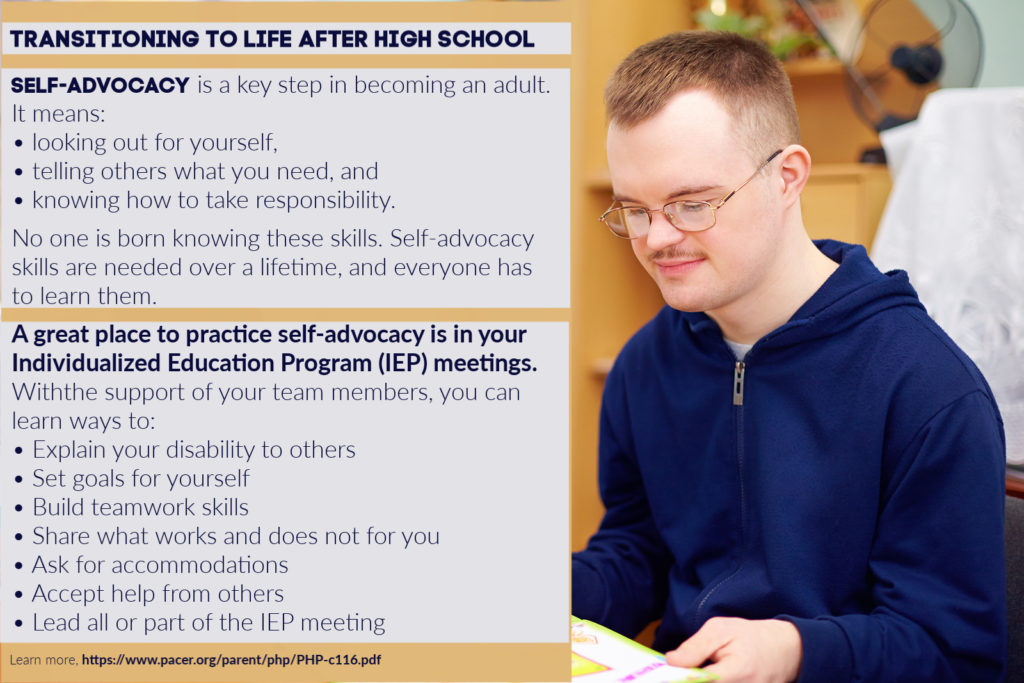Please note no federal funds are used in the maintenance or updating of this website.
English | Español | Russian | Haitian Creole
English | Español | Russian | Haitian Creole

As individuals, we experience several transitions throughout our lifetime; however, one of the most important ones is when you are moving from being a youth to becoming an adult. Therefore, the transition should have a focus on the hopes and dreams you and your young person have for the future. What do you want? What do you need to achieve your dreams? Who can help? Is your dream to go to college or to complete a technical career? These and many other important questions are a part of the transition process. Your voice is the most important!
Transition planning usually starts around age 14 at the school system, even though, it can start earlier than age 14 if a child plans to drop out of school or if the child is considered to have a significant disability that will require more planning and time to achieve the transition goals.
It’s extremely important to have transition services in place for young people, as these services will turn into the tools and supports needed for the individual to move into adult life with confidence.
Transition services need to be apart of the IEP, Individualized Education Plan.
As we just said, they need to be in place by the time the youth turns 14 years old.
In order to determine the right transition services for the student, the following people must be involved in the planning meeting:
Transition Planning is not a one-time meeting. It takes time and effort to adjust the plan. This process will take place until the student exits high school.
Give us a call at (727) 523-1130 or (800) 825-5736 or request a callback by clicking below.